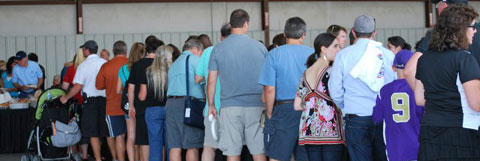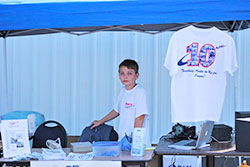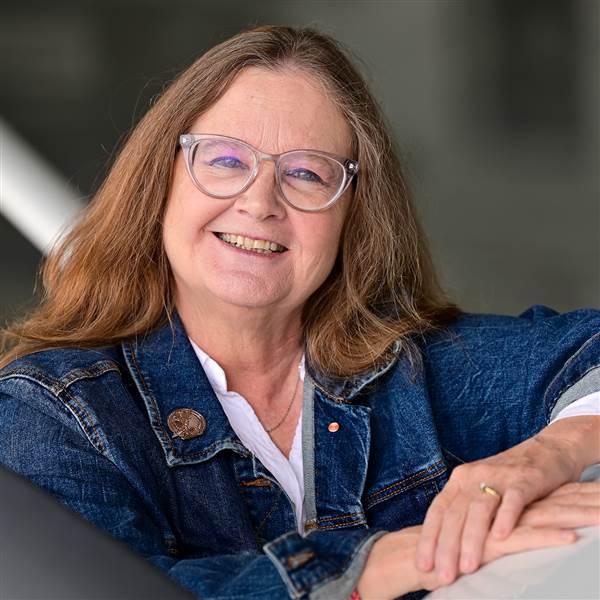 Superior Flight School opened for business bright and early on the morning of Sept. 11, 2001. By noon, it looked as though the fledgling business at Cobb County-McCollum Field near Atlanta might be closing before it had a chance to get off the ground.
Superior Flight School opened for business bright and early on the morning of Sept. 11, 2001. By noon, it looked as though the fledgling business at Cobb County-McCollum Field near Atlanta might be closing before it had a chance to get off the ground.
“I was at Costco to pick up phones for the office, and I walked over to one of the TVs” to see a news report, Superior co-founder Joe Gravalec said. He mistakenly believed a small aircraft had flown into one of the Twin Towers of the World Trade Center, and went back to completing errands for the business. When he got back to the airport, however, the enormity of the Sept. 11 attacks became apparent.
“I’d just changed jobs and had sunk a lot of investment into this,” Gravalec said of the business he started with Bob Kintner. “We were just looking at each other, thinking, ‘What have we done?’”
On Sept. 11, 2011, the flight school hosted a barbecue that was a salute to 10 years in business as well as a remembrance of lives lost on that day. A Civil Air Patrol honor guard paid tribute to the solemn occasion.
Superior puts on a cookout each year, Gravalec said. It started with a few turkeys and a fry pot and has evolved into a yearly tradition that people in the community anticipate. This year, some 400 people stopped by to enjoy smoked beef and brisket and deep-fried turkey. Representatives from Cessna, Cirrus, CubCrafters, and Diamond brought aircraft to the event, which also featured reduced-price helicopter rides and a moon bounce.

Many established flight schools were sharply affected by the drop in flying that followed the terrorist attacks. Superior managed to stay open. “When we put together our business plan, we actually planned for it to rain 30 days when we first opened our doors, so we were prepared for something,” Gravalec said. “We just weren’t prepared for that.”
Superior’s founders started out with one Cessna 152 and one other flight instructor. It has expanded to a second location— Cherokee County Airport in Canton, Ga.—and now operates 20 fixed-wing aircraft, a helicopter, and two simulators. It employs 15 flight instructors and a ground instructor.
 Gravalec said over the years he and Kintner have tried to do things as efficiently as possible and “stay to our core principles: provide good quality training and treat people like we wanted to be treated when we were coming through.” The school works hard to create a sense of community for its students. During times when people don’t have the money to fly, Gravalec said, the challenge then becomes to keep them connected to the aviation community by whatever means necessary. “Every day that you’re away from flying it’s harder to come back to it,” he said. “You get this feeling like ‘I’ve forgotten too much’ or ‘I can’t afford to [go] out there and it’s too painful to be reminded that I’m not flying.’ That’s a huge battle I’m fighting right now. That’s why I do these turkey fries.”
Gravalec said over the years he and Kintner have tried to do things as efficiently as possible and “stay to our core principles: provide good quality training and treat people like we wanted to be treated when we were coming through.” The school works hard to create a sense of community for its students. During times when people don’t have the money to fly, Gravalec said, the challenge then becomes to keep them connected to the aviation community by whatever means necessary. “Every day that you’re away from flying it’s harder to come back to it,” he said. “You get this feeling like ‘I’ve forgotten too much’ or ‘I can’t afford to [go] out there and it’s too painful to be reminded that I’m not flying.’ That’s a huge battle I’m fighting right now. That’s why I do these turkey fries.”



